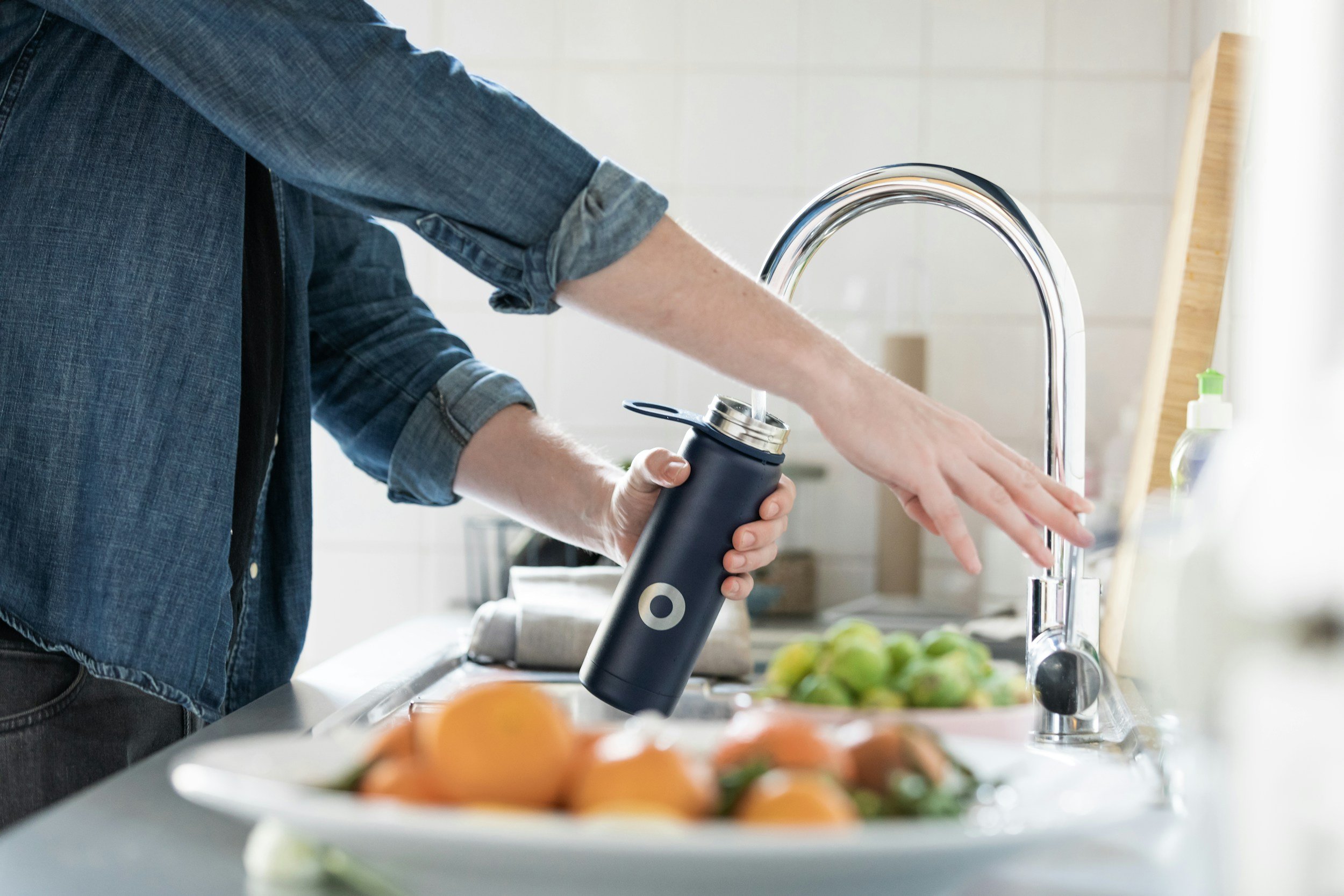Some is Good. Is More Better?
I have an older brother and he’s brilliant. A professor. Philosophy, no less, at a top college in California.
He’s fit and very into wellness and nutrition. We often part company on specific nutritional theories (I’m right, by the way), but he does his best to be informed and is committed to living a healthy life.
He’s smart. Did I say that? His intellect amazes me, and I couldn’t be more proud of him.
But, like so many people, he sometimes falls into the nutrition trap of “if some is good, more must be better.” Which is how he ended up in the hospital.
For three days.
From drinking too much water.
Funny, not funny.
It was serious.
He completely threw off his electrolyte balance, causing his sodium levels to plummet.
Electrolytes in the body (sodium, potassium, magnesium, chloride, and calcium) play a critical role in everything from healthy blood pressure and heart rhythm to muscle contractions and nerve function. Kept in proper balance, you probably wouldn’t notice them. But throw them out of whack and it’s a different story.
Minor symptoms of over-hydration include clouded thinking, nausea/vomiting, and muscle weakness, cramps, or spasms. More serious complications can be irregular heart rhythm, mental confusion, seizures, and more.
Am I telling you this to dis my brother? No. He’s one of my favorite people ever and I’d never do that. (Well, maybe when we were kids.)
My point is that here is an example of an incredibly intelligent person who knows a lot about keeping himself healthy. But he doesn’t know everything. And he almost caused himself an even more serious health crisis as a result.
So how did this happen?
He didn’t ask a professional, he got bad information, and he made some incorrect assumptions. And he’s not alone.
This type of thinking isn’t unusual. It’s how people end up engaging in extreme eating patterns, or giving up entire food groups without real cause, or going on the cabbage soup diet (please don’t), or trying the lemon cayenne cleanse (really, don’t). It’s also how people end up mega-dosing on vitamins without an understanding of what their bodies really need or how the body absorbs those vitamins. At best, there’s no benefit. At worst, possible toxicity from too high an intake.
Don't get me wrong – I applaud anyone who takes an active interest in improving their health through nutrition. After all, that’s how my journey to become a holistic nutritionist began. But I made a lot of mistakes along the way. Like so many, I didn’t know what I didn’t know.
Now I do.
Don’t make the same mistake my brother and so many other people have made.
More is just more.
Better is working with a nutrition professional like me to reach your goals in a safe and healthy way.
As for the water? Aim for half your body weight, but in ounces. (I weigh 120 lbs., which means I should drink 60 oz. of water a day.) You can add more to compensate for sweating in the heat or during exercise, and for alcohol or caffeine consumption (both are dehydrating). But never – regardless of your weight – go over 100 oz. of water in a day unless directed by a physician. What more can I say?


